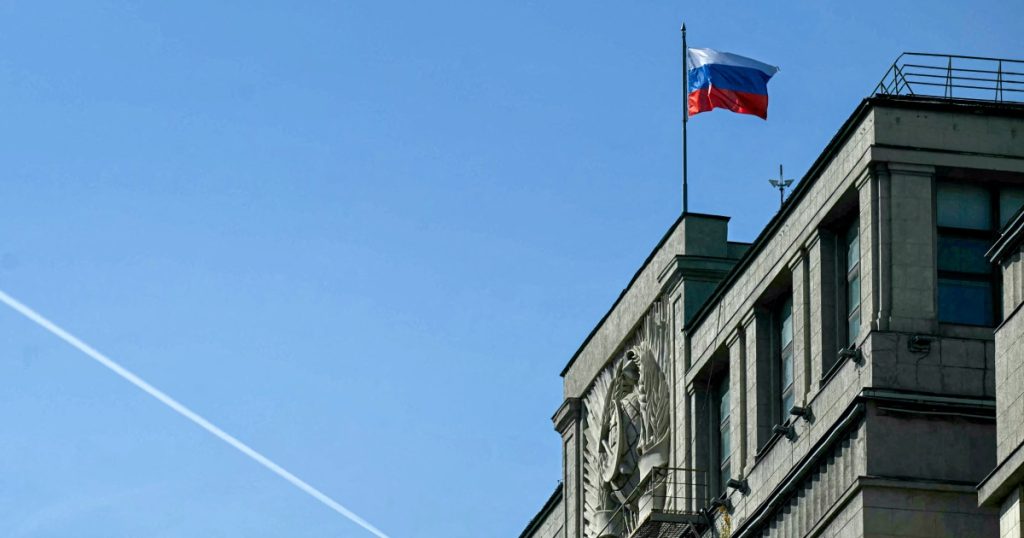The Russian parliament has given initial approval to a bill that would ban nationals from countries that allow gender changes from adopting Russian children. This move is part of a broader crackdown on LGBTQ rights in Russia, which has seen a ban on legal or medical gender changes and the outlawing of “LGBT propaganda.” President Vladimir Putin has framed these measures as essential to upholding traditional Russian values in the face of what he portrays as the moral decadence of the West. The legislation, which has already been approved by the government, is likely to become law following the overwhelming vote in favor of it by members of the State Duma.
Vyacheslav Volodin, chairman of the Duma and a key ally of President Putin, emphasized that the adoption ban is intended to protect children and traditional values. He cited the potential dangers faced by Russian children when they are adopted by citizens of foreign countries that allow gender reassignment, as well as the risk of sexual exploitation. Vasily Piskarev, a senior lawmaker from the ruling United Russia party and co-author of the legislation, has also raised concerns about adoptees being pressured to change their gender in Western countries. Russia has previously banned adoptions by U.S. citizens and the number of adoptions by foreign nationals has decreased significantly in recent years.
The bill to ban adoptions by nationals from countries that allow gender changes reflects a broader trend of increasing restrictions on LGBTQ rights in Russia. The country’s ban on legal and medical gender changes and the criminalization of “LGBT propaganda” are part of a larger effort by the Russian government to promote what it sees as traditional values and counter perceived Western moral decay. These measures have been supported by President Putin, who has positioned Russia as a defender of traditional values in opposition to the West.
Critics of the adoption ban argue that it discriminates against LGBTQ individuals and threatens the welfare of children in need of adoption. They point out that the legislation is based on the assumption that individuals who have undergone gender reassignment are somehow unfit to adopt or foster children, despite evidence to the contrary. They also raise concerns about the negative impact of the ban on Russian children who could benefit from being placed in loving and supportive homes, regardless of the gender identity of the adoptive parents.
The adoption ban is likely to further isolate Russia from the international community, as it follows a series of measures that have been criticized for their impact on LGBTQ rights and human rights more broadly. The country’s actions have led to condemnation from human rights organizations and foreign governments, who view the adoption ban as a violation of the rights of both LGBTQ individuals and children in need of homes. The legislation may also complicate Russia’s relations with Western countries, which have raised concerns about the crackdown on LGBTQ rights and the erosion of civil liberties in the country.
Despite the criticism and international backlash, the adoption ban is likely to be enacted into law given the strong support it has received from both the Russian government and the State Duma. The legislation reflects the broader trend of conservative policies in Russia that prioritize what the government sees as traditional values over the rights and well-being of marginalized groups. As President Putin continues to promote his vision of Russia as a bastion of traditional values in opposition to the West, LGBTQ individuals and advocates in Russia face an increasingly challenging environment in which to advocate for equality and acceptance.


